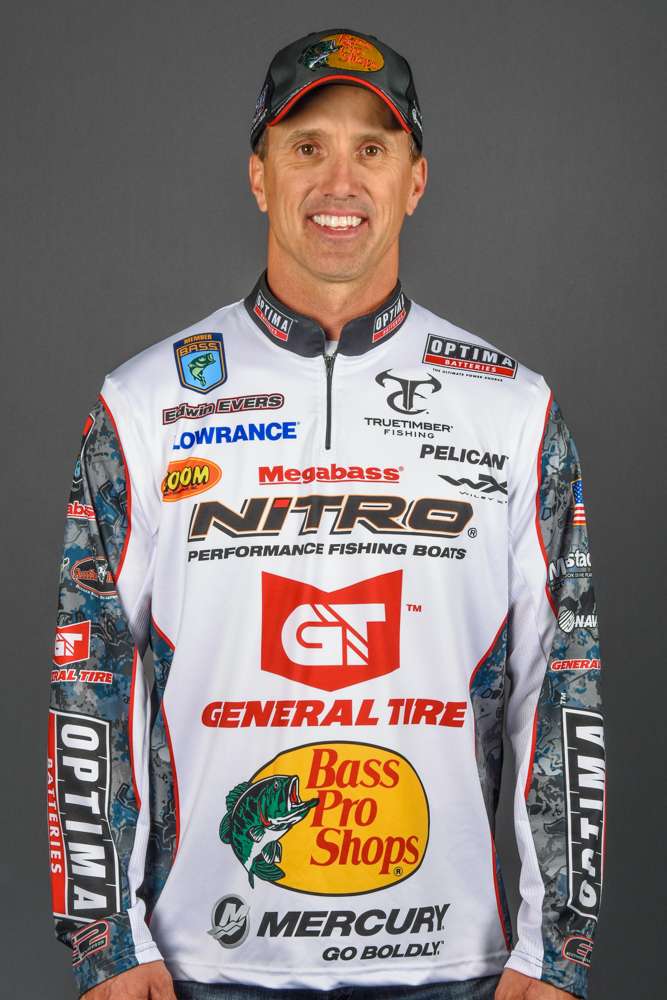I want to thank everyone who read my first Bassmaster.com column and especially those who took the time to comment, “Tweet” it, or “Like” it on Facebook. This experience has already been very rewarding, and I’m looking forward to finding better ways to communicate and give you all the kind of information you’re looking for and that will help you catch more fish.
If you have an idea for a future column, please put it in the comments below. I’ll try to get to it. Just bear with me!
Since it’s almost time to start the 2014 Bassmaster Elite Series season, now seems like a great time to answer a question I get quite often: “How do you practice for a tournament?”
I’m certain that all bass fishing professionals are different in how we approach a new season. My answer applies only to me, but I’d bet we all have a lot of similarities in how we go about it.
I start the year by taking a big piece of poster board and putting my competition schedule on it. I then add a column for the different bait types that might come into play for each event.
I do this so I can see at a glance exactly how long my boat and tow vehicle will be gone for each trip. It’s critical that I have everything I might need for the duration of each one. I might not need deep-diving crankbaits at one event, but if I need them at the next tournament and I won’t be home between events, those baits need to be with me from the beginning of the trip. To leave something behind could ruin my practice or even my tournament.
The first two events of the Elite season (Lake Seminole and the St. Johns River) are going be spawn, post-spawn and potentially shad-spawn events. When I launch in practice, it’s important for me to have as many of the possibly viable baits rigged up as I can.
I may be different than some other professional anglers, but if I don’t have something tied on for practice that’s rigged on the right rod, with the right reel and the right line size, I probably won’t take the time to set it up after I’m on the water.
This is all about having confidence in what I’m throwing. Depending on the time of year and body of water, it can mean a lot of different rods to get ready before I ever leave the house. This also helps me have everything I could possibly use in my truck as backups.
The next thing I do is study previous tournaments on the body of water I’m about to fish. Luckily, I have a good friend who searches the internet for old tournament results at the relevant time of year. This tells me what kind of weights to expect. I also try to compare weather patterns from previous years around the events.
Before Elite Series and Bassmaster Classic rules prohibited it, we used to be able to rent a plane and fly over the body of water before competition. This was great for checking water clarity and available cover and for identifying those tough-to-get-to areas that you could miss from water level in a boat. Google Earth is the next best thing for this, so I always spend some time on that site.
One thing I don’t do anymore is spend a lot of time pre-practicing (before the tournament cutoff period) or contacting local experts. I’ve tried those methods, and they just don’t work for me. Your experience may differ.
I actually have no clue when the cutoff periods are because I don’t go out and pre-practice. Whatever information I might gather from being on the water that early is going to be stale by the time competition begins. It could give me false expectations about what the bass are doing and send me headed in the wrong direction.
The times I tried to pre-practice or get outside help always ended up being my worst events. I don’t want any preconceived notions about the fishing once the real practice period starts.
Next time I’ll get into my practice habits and goals once I’m on site and on the water. An efficient and effective practice is critical to consistent tournament success at any level.





